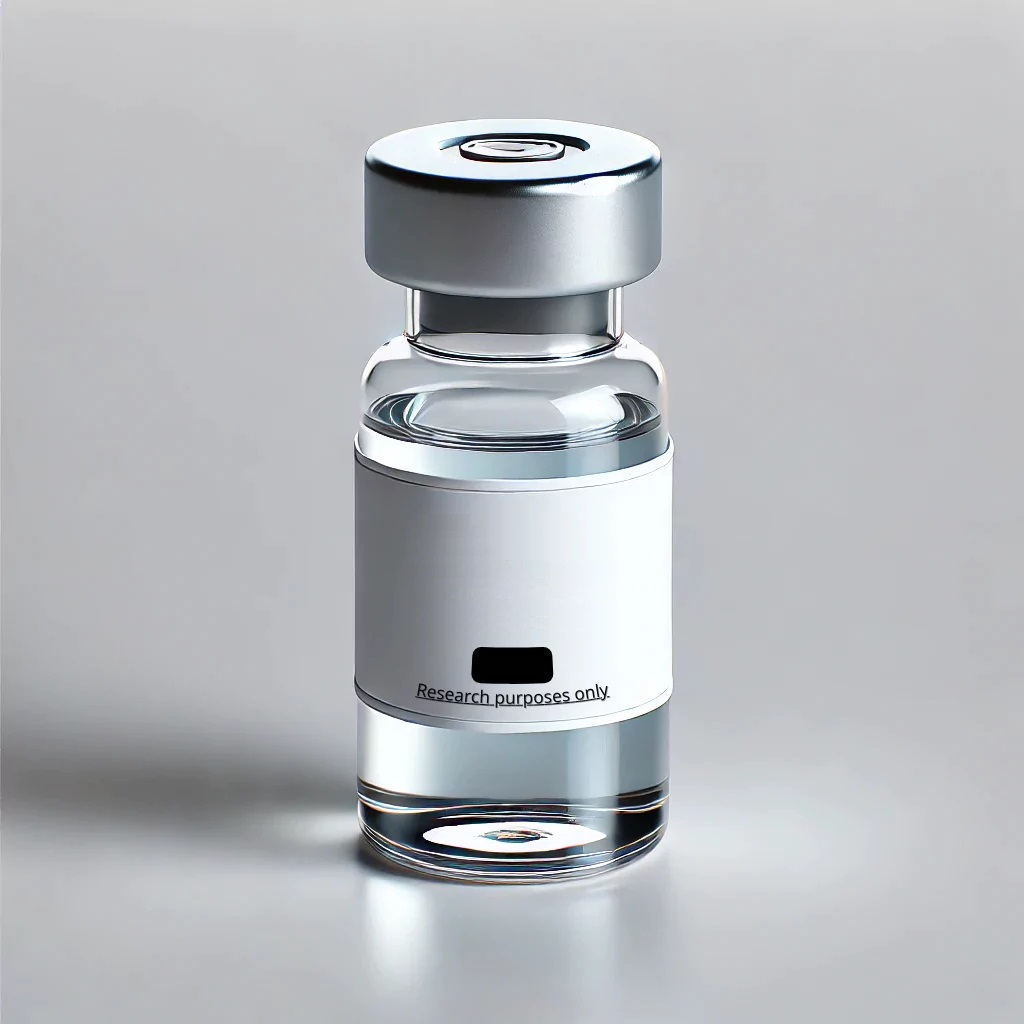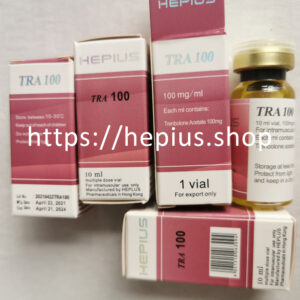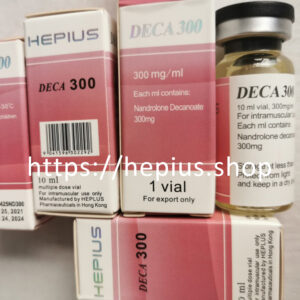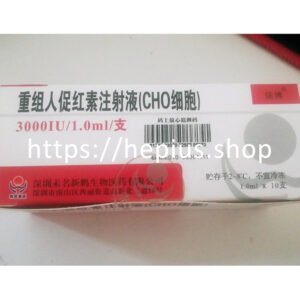Description
Thymalin is a peptide that is derived from the thymus gland and has been studied for its potential to modulate the immune system and promote immune health. It is primarily used in clinical settings to enhance immune function, particularly in patients with immune deficiencies or those who have been weakened by chronic diseases or aging.
What is Thymalin?
- Thymalin is a thymus-derived peptide consisting of a mix of polypeptides from the thymus gland, which is an important organ involved in the development of immune cells (especially T-cells). These peptides are thought to play a role in stimulating immune function and supporting immune cell maturation.
- Thymalin is sometimes used in medicine as a biological immunomodulator. Its primary effects are related to its ability to stimulate the production of T-cells and strengthen the immune response, which can be beneficial for treating individuals with immune system dysfunction.
Mechanism of Action:
- Immune System Modulation:
- Thymalin is believed to stimulate the production and differentiation of T-cells (a type of white blood cell involved in adaptive immunity) in the thymus gland, where they mature before migrating to peripheral tissues to fight infections and other threats.
- By influencing the thymus gland, Thymalin helps to restore or improve the function of the immune system, especially in cases of immune suppression caused by illness, aging, or other factors.
- Enhancement of Immune Function:
- Thymalin is thought to enhance the immune response by increasing T-cell activity and improving the activation of other immune cells, such as macrophages and neutrophils. This helps the body defend against infections and supports immune surveillance.
- Anti-inflammatory Effects:
- Some research suggests that Thymalin may also have anti-inflammatory effects, helping to balance immune responses and reduce excessive inflammation that can lead to chronic diseases or tissue damage.
Uses of Thymalin:
- Immune System Support:
- Thymalin is primarily used as a treatment to support the immune system in individuals with immune deficiencies, whether due to aging, chronic illness, or drug treatments (such as chemotherapy).
- It can be particularly useful for improving the immune function of individuals who have weakened immunity, leading to a higher susceptibility to infections.
- Post-Chemotherapy or Radiation Therapy Recovery:
- Patients undergoing chemotherapy or radiation therapy often experience a suppressed immune system, making them more vulnerable to infections. Thymalin is sometimes used to help stimulate immune recovery and improve T-cell production after such treatments.
- Aging and Immune Function:
- Thymalin has been studied for its potential to combat the immune decline that typically occurs with aging. As people age, the thymus gland becomes less effective, and the production of immune cells like T-cells decreases. Thymalin is believed to help rejuvenate the immune system in older adults and restore immune function to a more youthful level.
- Chronic Diseases:
- It is sometimes used as an adjunctive treatment in chronic inflammatory diseases or conditions where the immune system is dysregulated, such as autoimmune diseases, to modulate the immune system and potentially improve outcomes.
Administration of Thymalin:
- Thymalin is usually administered via injection. It is typically given subcutaneously or intramuscularly under medical supervision.
- The dosage and treatment duration vary depending on the condition being treated and the patient’s health status. A typical treatment cycle may last for several weeks.
Side Effects of Thymalin:
- Thymalin is generally considered to be well-tolerated when used appropriately in clinical settings, with few reported side effects.
- However, some potential side effects could include:
- Injection site reactions (pain, redness, or swelling).
- Mild allergic reactions (itching or rash).
- Fever or chills in rare cases.
Serious side effects are rare, but as with any peptide therapy, it should only be administered under the supervision of a healthcare provider to ensure it is used safely.
Legality and Availability:
- Thymalin is not widely available as an over-the-counter product and is typically used in medical settings where its therapeutic benefits can be carefully monitored.
- It is used in clinical trials, especially in the context of immunomodulation, and immune therapy.
- Thymalin has not been approved for general use by regulatory agencies like the FDA, and its availability outside clinical settings is limited.
Conclusion:
Thymalin is a peptide derived from the thymus gland, with potential immunomodulatory effects. It is primarily used in medical treatments to boost immune function, especially for individuals with immune deficiencies, post-chemotherapy recovery, or those experiencing immune decline due to aging. Its main effects include stimulating T-cell production, enhancing immune responses, and offering anti-inflammatory benefits. However, since it is still primarily used in clinical research and specific medical treatments, its use should be overseen by healthcare professionals.










Reviews
There are no reviews yet.